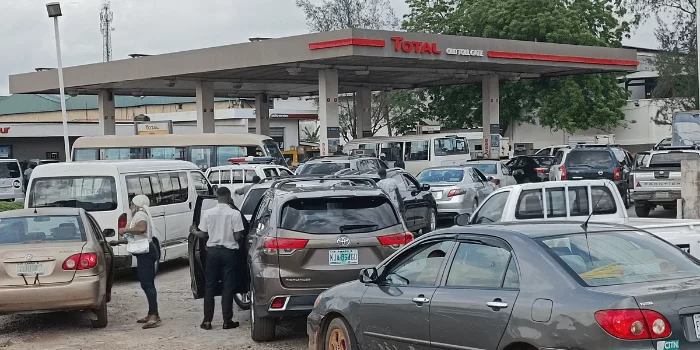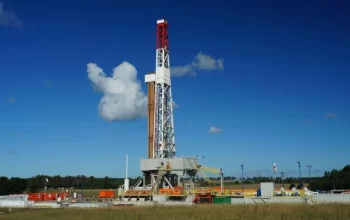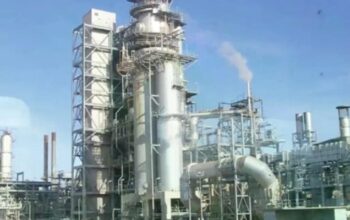The decision of the Executive to partially reduce subsidies for gasoline is justified by the need to bridge the gap between the rich and the poor, such as the populations in rural, urban, or peri-urban areas that have reduced or no consumption of fuel.
BACKGROUND
- The allocation of fuel price subsidies is an economic and social measure resulting from a combination of fiscal policy and income and price policy, supported by Presidential Decree No. 206/11 of July 29, which approves the General Guidelines for the Organization of the National Pricing System, and by Presidential Decree No. 283/20 of October 27, which establishes the Model for Determining Prices of Derivatives of Crude Oil and Natural Gas.
- Although fuel subsidies aim to mitigate the impact of the price of this category of petroleum derivatives on the overall economy and make these products accessible to the most disadvantaged populations, it is observed that their impact on public finances is adverse to the intended objectives, as it generates a potentially increasing and unsustainable fiscal cost in the medium and long term, sacrificing the state’s financial capacity to invest in basic services and social development projects.
- The progressive and regular increase in the difference between the set prices and market prices increases the cost incurred by the state and consequently the budgetary allocations intended for the payment of fuel subsidies. This, on the one hand, threatens fiscal sustainability and, on the other hand, the solvency of the downstream segment of the oil industry, with the risk of insolvency of companies in the sector and scarcity of these products in the market.
- Until December 2022, market prices were 452%, 578%, 202%, and 279% higher than the set prices for LPG (cooking gas), Illuminating Oil, Gasoline, and Diesel, respectively. This resulted in subsidies amounting to Kz 551 billion, Kz 1.2 billion, and Kz 1.98 billion in the years 2020, 2021, and 2022, respectively, totaling Kz 3.73 billion for the reference period..
CHARACTERIZATION OF FUEL SUBSIDIES
- Currently, LPG (cooking gas), Illuminating Oil, Gasoline, and Diesel are fuels subject to fixed pricing, as a result of the partial application of Joint Executive Decree No. 331/20 of December 16, which provides for the allocation of price subsidies calculated based on the difference between market prices and fixed prices.
- The prices for Illuminating Oil, gasoline, diesel, and LPG (cooking gas) are set at Kz 70.00/liter, Kz 160.00/liter, Kz 135.00/liter, and Kz 100.00/kg, respectively. Meanwhile, the average weighted market prices for these products throughout 2022 reached Kz 476.77/liter, Kz 535.27/liter, Kz 589.86/liter, and Kz 488.87/kg, respectively (Annex 1).
- The data gathered shows that in 2022, the state incurred a total subsidy of Kz 1.98 billion, with diesel being the fuel representing the largest share of this expense, amounting to Kz 1.35 billion, which corresponds to 68.1% of the total, followed by gasoline with a value of Kz 458.78 billion, corresponding to 23.2% of the total. The amount accounted for these types of subsidies in 2022 represents about 92% of health and education expenses in the State Budget for the same year, amounting to Kz 2.15
![]()




